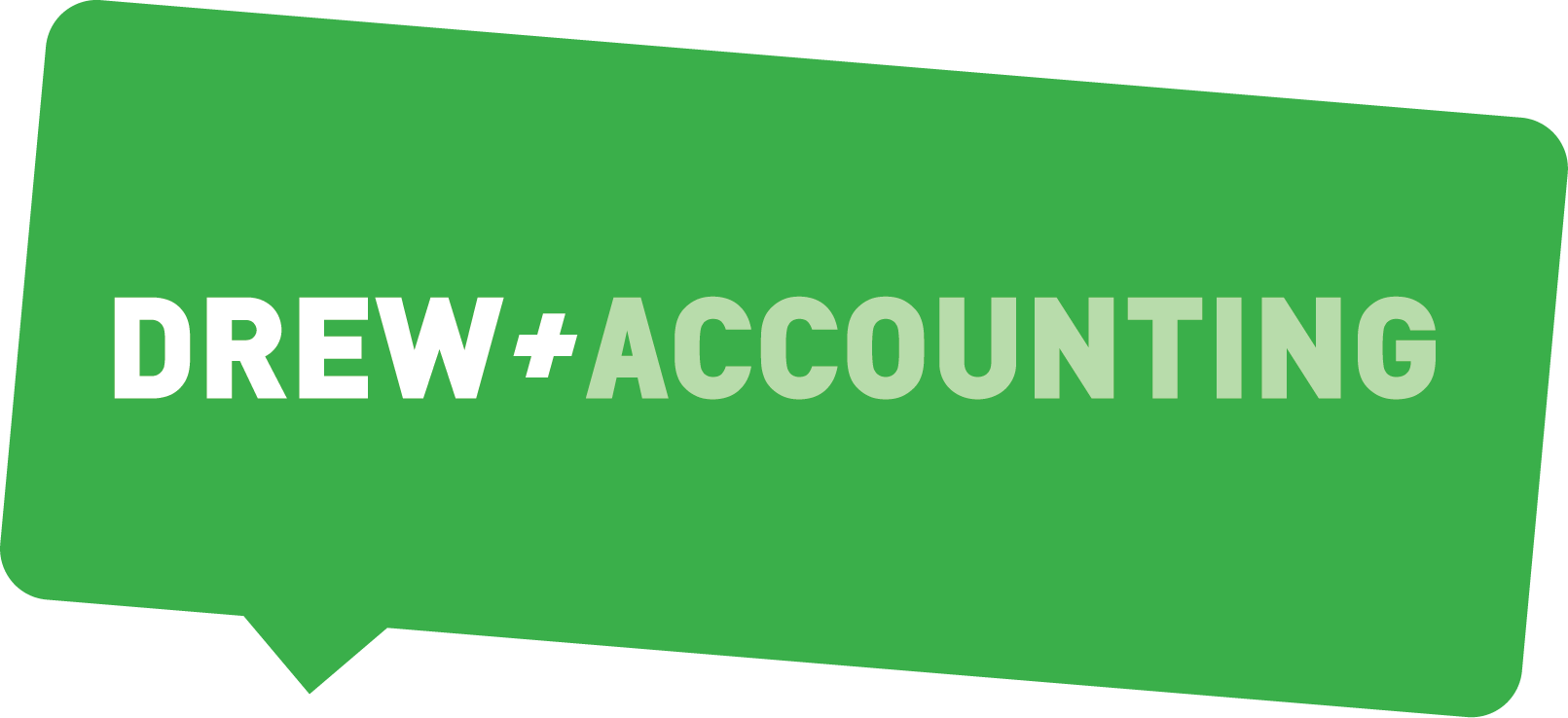Budget 2022
Here is some information from the 2022 budget that we think may be helpful for you and your business:
Inflation and the cost of living
The irony of two years’ trying to keep the economy as healthy as the population, is that the economy is currently running well enough but ordinary New Zealanders can’t keep up. Soaring global inflation is predicted to ease from later this year. The Budget introduces measures designed to get New Zealanders through the meantime.
Reductions at the pump and on public transport extend for a further two months, till August.
A cost-of-living targeted payment of $350 delivered across three monthly payments from August 1, is planned. It’s a top up, it’s temporary and it’s tax-free for an estimated 2.1 million Kiwis who earned less than $70,000 last year and are aged 18 or over. It works out at round $27 per week and Inland Revenue will administer it. Nobody needs to apply. Inland Revenue will pay it directly into your bank account if you’re eligible (check that your personal bank account details are correct in myIR). Those who already qualify for the Winter Energy Payment, or who qualify for Jobseeker support, superannuation or certain other benefits won’t receive it.
To increase competitive pricing for groceries, the Government took on board Commerce Commission findings that restrictive covenants over land prevent new entrants from entering the grocery retail market. New legislation bans these, a move that may be business- as well as consumer- friendly.
What’s in it for business?
While some cost of living and climate initiatives may assist businesses, certain industry priorities are targeted specifically. Financial support for employers to retain and take on new apprentices is extended until end December 2023. Funding for Industry Transformation Plans (ITPs) includes allocations for the Construction Sector Accord Transformation Plan, the Advanced Manufacturing Plan, the Agritech ITP, and the Digital ITP. Regional business support and tourism have received additional funding in a boost to the Regional Strategic Partnership Fund for investment into local projects.
Business Growth Fund
There’s $100 million in capital funding for the new Business Growth Fund for SME businesses needing money to grow. The Government will buy minority stakes in small businesses that want to expand, investing alongside banks. Banks will refer businesses “where equity finance would be more appropriate than debt finance”, Minister for Small Business, Stuart Nash, said.
Nash, pointing out that private equity funds don’t typically invest in SME businesses but push for control, aggressive growth, and short-term results, described the Business Growth Fund having “more modest return expectations and no hard exit deadlines allowing business owners to set their own growth targets and identify the most appropriate time and path to exit.” The Government has discussed the fund with the Reserve Bank and private banks but has not yet selected banking sector investment partners.
The Minister indicated this investment model has been tried successfully in the UK, Canada, Ireland, and Australia. We don’t have details yet, but we can perhaps draw on examples from the last two years’ COVID-related business relief schemes. We expect eligibility criteria for the fund to require evidence of business viability and a New Zealand base, backed up by solid financial data and business plans outlining the kind of growth an applicant has in mind, such as expansion into new locations, new markets, or new products.

